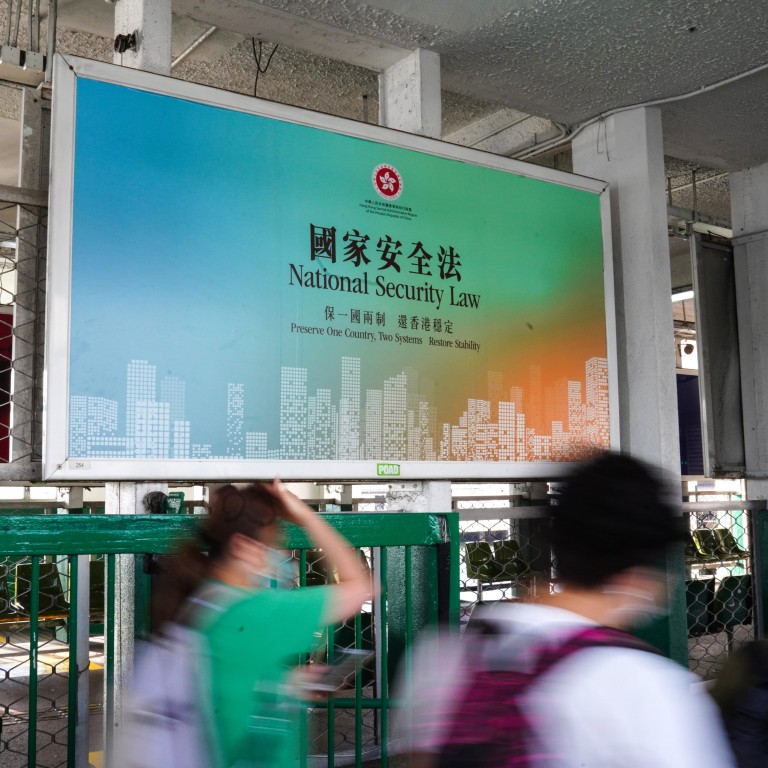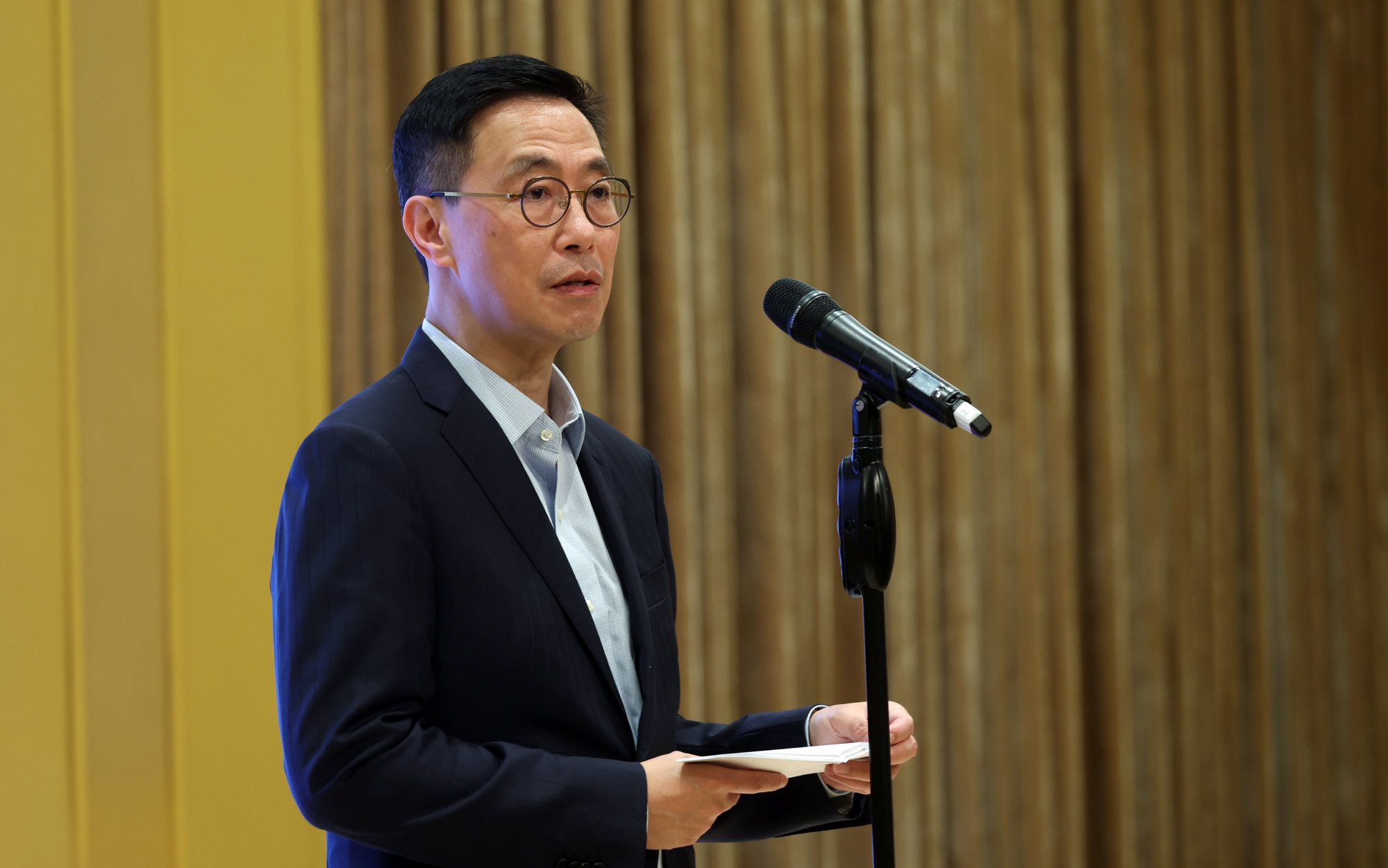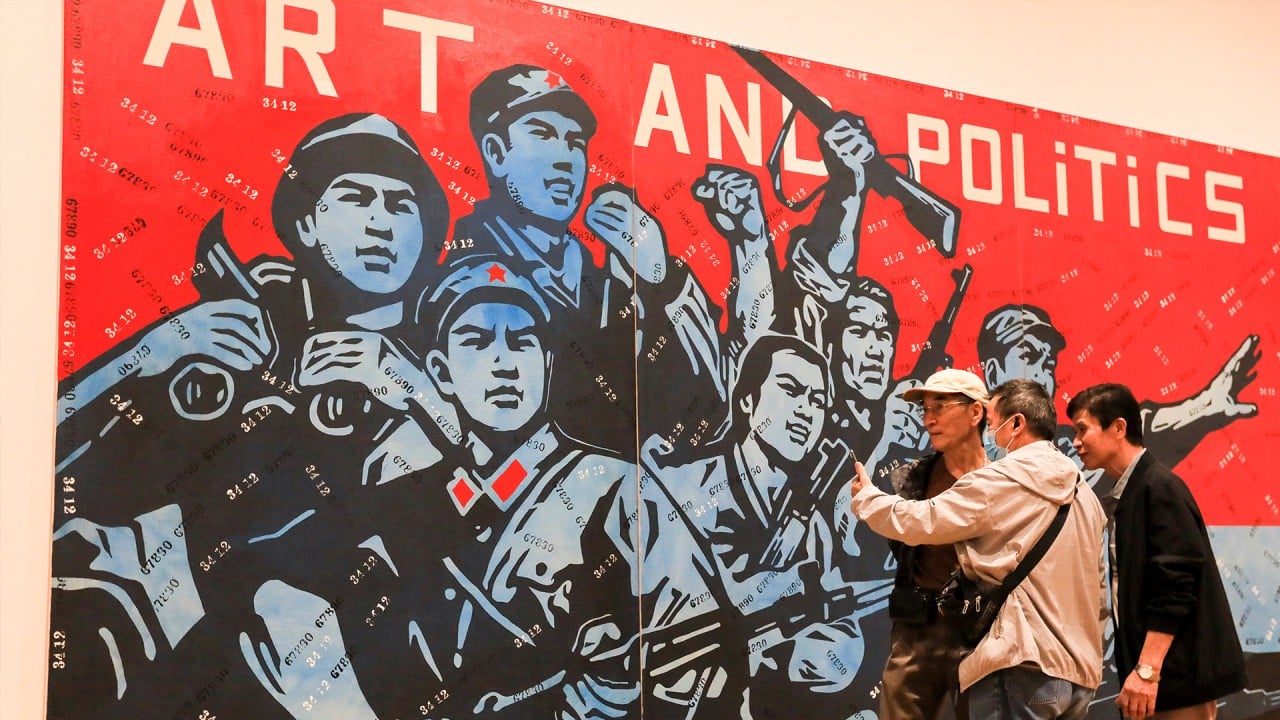
Hong Kong’s arts funding examiners will be required to safeguard national security, but aspirants should not be deterred by new rule: culture minister
- New national security requirement to be included in appointment terms of Arts Development Council examiners, culture minister Kevin Yeung says
- But some of those working in arts raise concerns over impact of saddling creativity with rules
Hong Kong’s culture minister has confirmed that the new batch of examiners who are in charge of assessing arts projects for funding will be required to safeguard national security, stressing the rule should not deter anyone from taking up the role.
But advisers to the Arts Development Council, as well as veteran artists, raised concerns over whether the new rule amounted to a vague red line that would inhibit creativity.
Secretary for Culture, Sports and Tourism Kevin Yeung Yun-hung’s remarks on Saturday follow earlier media reports suggesting that the requirement would be included in the appointment terms of council examiners.
“As far as I know, the council will require examiners to shoulder the responsibility of safeguarding national security in the course of assessment,” Yeung said. “I do not see this being the reason for not becoming an examiner.”

A source close to the matter said the government requested the requirement and all official procurement contracts mandated that anyone involved in a project related to or funded by authorities should shoulder such a responsibility.
But one consultant with the council said the rule would leave examiners uncertain about the parameters of their duties.
“There was no consultation on the new requirement,” said adjunct professor Kurt Chan Yuk-keung of the Chinese University of Hong Kong and who serves as a visual arts adviser to the council. “This will make examiners nervous about what sort of responsibilities they have now because nobody can tell them what upholding national security means in their role.”
Storm over M+ sparks fear Beijing is targeting Hong Kong’s art scene
Tang Kwok-hin, an examiner in the field of visual arts and who works in mixed media, said every Hong Kong resident had to follow the national security law. But assessing works based on a law was difficult when there were many grey areas in art, he added.
“I am not a judge. It is not my job to determine whether a proposal violates the national security law,” the 40-year-old said. “I can only assess proposals according to their artistic value with my understanding,”
John Batten, an examiner in five fields including arts administration and criticism, said the requirement did not fundamentally change the approval process, but introducing it now fostered apprehension.
“If you start to have this fear, you will find it quite difficult to get examiners,” he said, adding that one of the roles of examiners was to ensure open-minded projects that had merit received funding.
“What are the red lines on national security for arts and culture?” he said. “They’ve never been defined.”
The requirement could discourage liberal examiners from signing up, paving the way for the roles to be taken up by ones who were more conservative, he warned.
“Then you perpetuate a fairly stagnant arts community,” he said.
Artist Eddie Lui Fung-ngar, who specialises in painting and ink art, said the laissez-faire approach to arts development had served Hong Kong well over the past 50 years.
“Whether the non-interference approach is preferred, that is up to [the council],” he said. “I don’t think it is beneficial to have any excessive requirements.”
The 76-year-old artist pointed to his own experience of taking part in contemporary art competitions and exhibitions around the world, in which works would sometimes be rejected because they “go against the social norm”.
“If national security becomes the social norm, artists would not touch on the subject,” he added.
The more than 600 examiners appointed by the arts funding body ended their terms in June. The council last year gave out HK$93 million (US$11.9 million) in grants, a 16 per cent drop from 2021.
It also updated the terms for its funding schemes, saying it had the right to suspend, adjust or end grants for projects that advocated Hong Kong independence or the overthrow of the government.
Hong Kong arts funding body pulls 2 grants over national security law concerns
The Culture, Sports and Tourism Bureau said at the time that the council had also asked all grant recipients to attend workshops presented by legal professionals to better understand the security law.
In 2021, the council raised eyebrows after it withdrew a grant of more than HK$700,000 to Ying E Chi Cinema, the distributor of the documentary Inside the Red Brick Wall.
But the termination of the grant fuelled concerns that it would deal yet another blow to the city’s creative and cultural industries.



